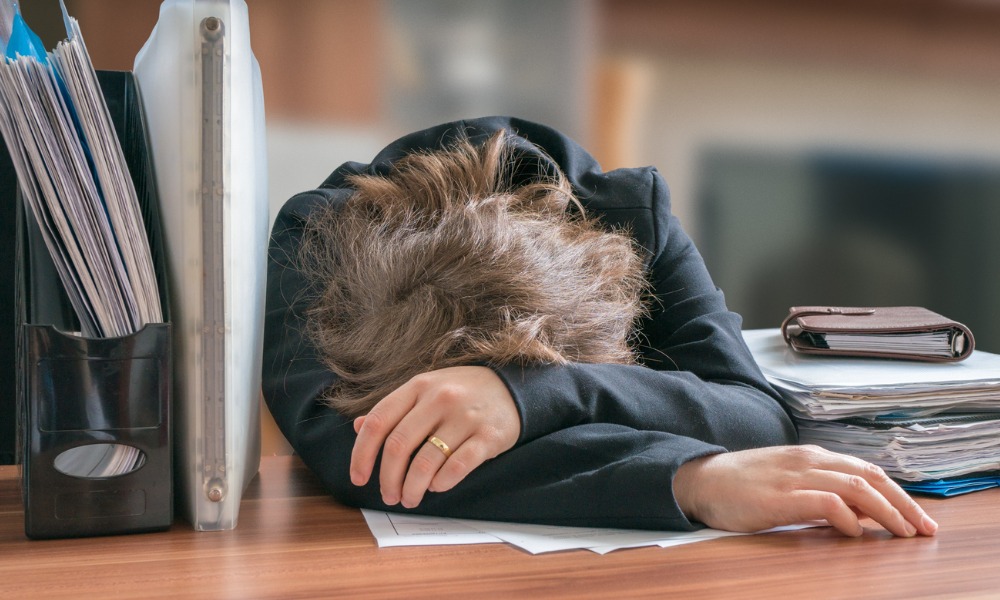
The association provides 10 recommendations to help improve how mental health is addressed

The International Bar Association (IBA) Professional Wellbeing Commission has unveiled its new International Guidelines for Wellbeing in Legal Education.
The IBA said in a statement that these guidelines aim to revolutionize the approach towards mental wellbeing within the legal profession globally and acknowledged the pervasive challenges of stress, anxiety, and depression prevalent among students, faculty, and staff in legal education.
Dr. Emma Jones, IBA Professional Wellbeing Commissioner and co-author of the guidelines, concurred in the urgent need to address the crisis in wellbeing within the legal profession, particularly among future lawyers.
“These new guidelines place legal education at the heart of our response,” said Jones. “We need to challenge the damaging cultural norms which have come to exist within the law, and promote thriving and flourishing amongst students, faculty and staff.”
The guidelines consist of 10 recommendations, urging law schools to adopt proactive measures such as acknowledging the importance of wellbeing, fostering an open dialogue, and addressing systemic issues like excessive competitiveness and lack of empathy. Among the recommendations are a need for holistic approaches to student and staff wellbeing.
Deborah Enix-Ross and Steven Richman, co-chairs of the IBA Professional Wellbeing Commission, highlighted the proactive nature of these guidelines in combating the endemic problem of poor mental health within the legal profession. “They are designed not just to ameliorate the detrimental effects of poor mental health in the law, but to positively enhance the wellbeing of students and staff, allowing them to thrive. They follow directly from the core findings of our survey and have global relevance,” they noted.
The guidelines are designed to be applied in both academic and vocational settings, encompassing pre- and post-qualification stages of legal education. They draw inspiration from the IBA’s comprehensive 2021 report, “Mental Wellbeing in the Legal Profession,” which identified a global crisis in the wellbeing of lawyers across jurisdictions and sectors.
According to the IBA’s statement, the guidelines align with the World Health Organization’s definition of good mental health, emphasizing the importance of realizing one’s potential, coping with life’s stresses, and making meaningful contributions to society.
Each guideline addresses specific facets of wellbeing in legal education, ranging from acknowledging the importance of transitions to fostering supportive relationships and promoting diversity and inclusion.
According to a January study by Realm Recruit, a recruitment agency, two-thirds of legal practitioners have experienced burnout. Additionally, a 2021 report from the IBA’s Wellbeing Taskforce revealed that one in three lawyers globally perceive their work as detrimentally affecting their wellbeing.